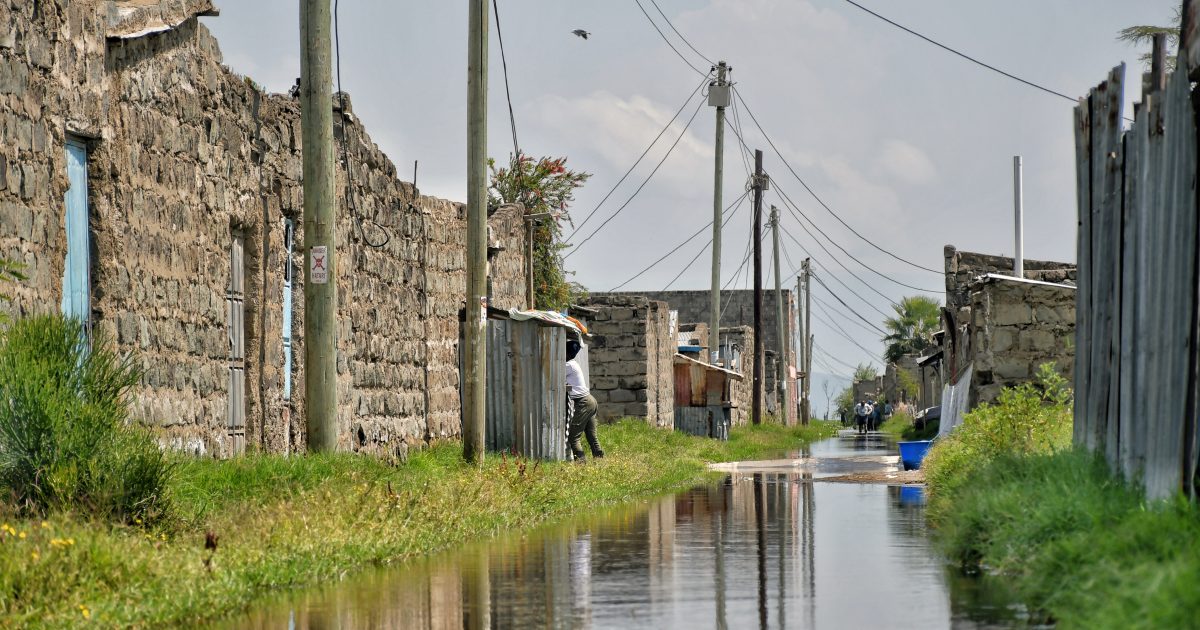The National Environment Management Authority (NEMA) Rift Valley Regional Director Njoki Mukiri has vowed a crackdown on investors illegally encroaching on riparian land to reclaim the key replenishing zones.
Ms. Mukiri said that growing threats of climate change have led to increased flooding and a rise in water levels that have affected homes, hotels, and agricultural farms built on riparian reserves leading to displacements and causing millions of shillings in damages.
The Environment Management and Coordination Act [2015] defines riparian land as a minimum of six metres and up to 30 metres on either side of the river bank from the highest watermark which is public land.
Speaking in Naivasha during an environmental stakeholder’s forum, Mukiri said over the years, private investors have grabbed and encroached on riparian reserves, illegally erecting structures in open disregard of the country’s laws that define riparian land as public.
With rising water levels from lakes and water bodies, Mukiri noted that tourism activities have suffered a blow as structures built on riparian land get submerged causing immense losses of properties and revenues.
In addition, the director said increased flooding brought about by climate change has affected agricultural farms leading to crop damage which poses a threat to food security and livelihoods.
On the other hand, she said the destruction of riparian reserves and their ecosystems as a result of increased human activities has led to increased pollution of fisheries and other marine life which has disrupted local economies.
“NEMA will lead a crackdown on all illegal structures and other human activities which are conducted on riparian land to reverse the damages caused and restore their ecosystems,” she said.
The Director cautioned investors against encroaching on riparian reserves but instead consulted with relevant authorities to avoid future losses adding that the government seeks to scale up the restoration of such areas across the country.
She said the government has rolled out various climate action initiatives that seek to reverse land degradation including afforestation and reforestation, land and wetland restorations and protect them from future destruction.
Mukiri said the recent rainy season which led to increased flooding led to the destruction of properties and loss of lives is a wake-up call for county governments to scale up swift interventions including ongoing tree planting exercises and limiting activities on riparian zones.
Already, the government has intensified tree planting activities across the country committing to plant 15 billion trees by 2032, calling on international players to finance climate actions that will help address the growing threat of climate change and reduce carbon emissions.
“Increased pollution led to fish from Lake Nakuru being flagged as not fit for human consumption after they were found to contain heavy and harmful metals forcing the government to take actions to reverse the trend,” said Mukiri.
Consequently, Mukiri said the government is pushing for the adoption of green including the use of solar and electric vehicles as well as clean cooking equipment that seeks to accelerate the push for a carbon-free environment.
The NEMA director noted that Naivasha has in the recent past borne the wrath of climate change which has led to increased flooding, and rising water levels at Lake Naivasha causing disruption to fishing activities and damage to area flower farms, hotels, and homes.
The recent rising water levels at Lake Naivasha have seen over 5,000 residents of the Kihoto informal settlement displaced after floods hit their homes with fears of the emergence of waterborne diseases at the area, home to thousands of flower farm workers.
To reduce pollution on the environment and water bodies, Mukiri said NEMA is leading a crackdown on banned single-use plastics which she noted was rampant at local markets as a result of porous borders.
“NEMA has scaled up enforcement to rid the country of the single-use plastics and we are calling on citizens to report unscrupulous traders who continue to trade in banned plastics for them to face the law”, said the Director.
She added that NEMA pushed for the passing of the Sustainable Waste Management Act [2015] which mandates producers of plastics to take due responsibility for produced plastics including encouraging recycling.
The Act, she noted, also formalizes and encourages producer responsibility organizations in the communities to correct plastics from the environment through monetary incentives as well as county governments to invest in material recovery machinery.
By Erastus Gichohi and Rhina Kemunto




